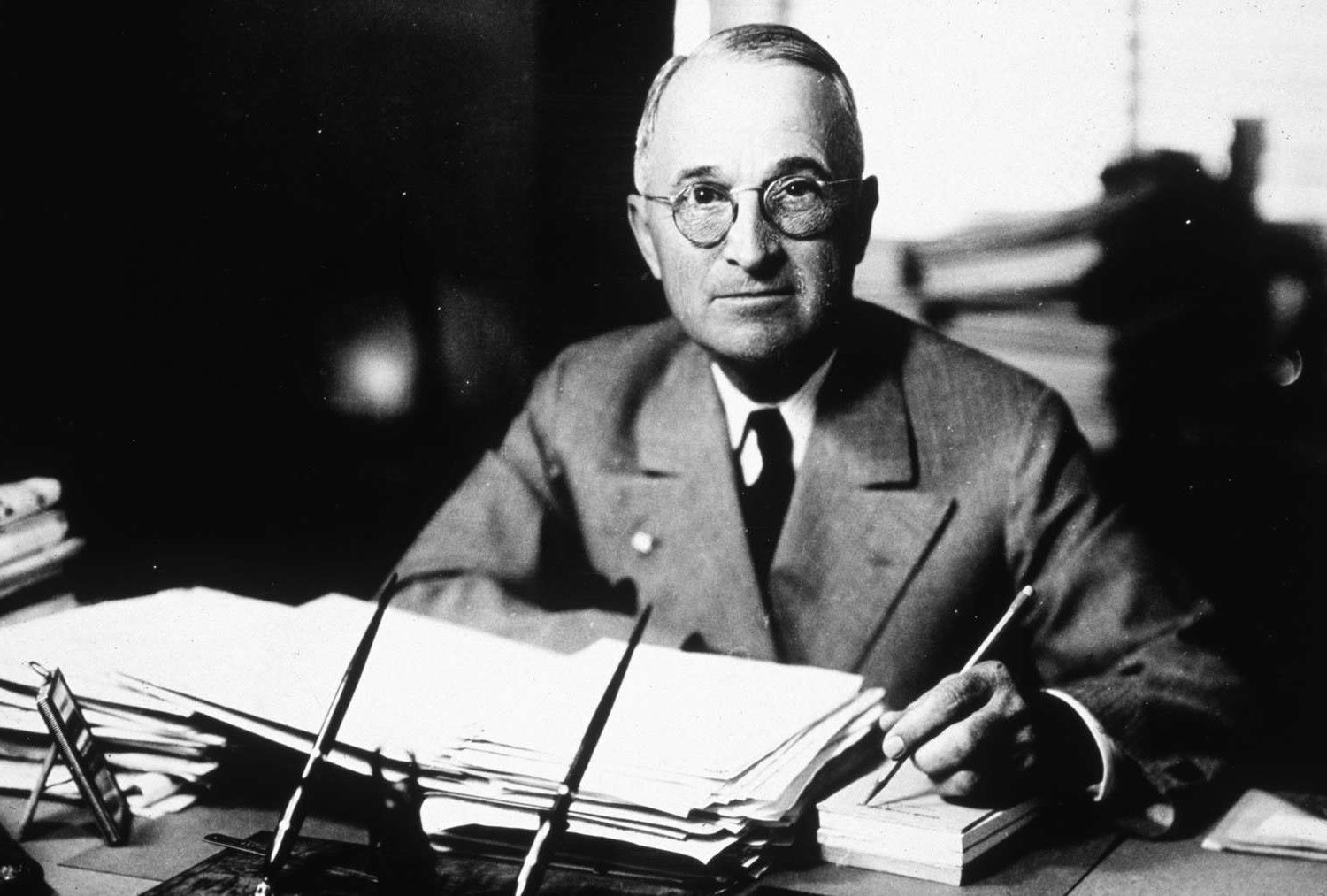
When it comes to the legal system, there are many roles and positions that play a crucial part in maintaining order and ensuring justice is served. One such role is that of a court clerk. Often overlooked and underappreciated, court clerks are the unsung heroes behind the scenes, working diligently to ensure the smooth operation of our courts.
In this article, we will uncover 11 unbelievable facts about court clerks. From their extensive responsibilities to their indispensable role in the courtroom, prepare to be amazed by the incredible work done by these dedicated professionals. Whether you’re considering a career in law or simply curious about the inner workings of the legal system, these facts will provide a fascinating glimpse into the world of court clerks.
Key Takeaways:
- Court clerks are the unsung heroes of the legal system, handling administrative tasks, maintaining order in the courtroom, and providing crucial support to judges and attorneys.
- With expertise in legal terminology and research, court clerks play a vital role in ensuring the smooth functioning of our courts and deserve appreciation for their invaluable contributions.
Court Clerks are the Unsung Heroes of the Legal System
Court clerks play a vital role in the legal system, ensuring the smooth operation of court proceedings. From managing case files to scheduling hearings, they are the backbone of the courtroom.
Court Clerks Handle an Array of Administrative Responsibilities
From assisting judges with paperwork to maintaining court records, court clerks are responsible for a wide range of administrative tasks. They play a crucial role in keeping the legal process organized and efficient.
Court Clerks are Experts in Legal Terminology
With a deep understanding of legal terminology, court clerks are able to accurately transcribe court proceedings and draft legal documents. Their expertise ensures that the records are error-free and adhere to strict legal requirements.
Court Clerks Manage the Jury Selection Process
Court clerks are involved in the jury selection process, where they help to identify potential jurors and ensure a fair and impartial jury is chosen. They handle all the necessary paperwork and assist with any juror inquiries.
Court Clerks Deal with Confidential Information
Court clerks handle sensitive and confidential information on a daily basis. They are responsible for protecting the privacy of individuals involved in court cases and maintaining the confidentiality of court records.
Court Clerks Assist with Courtroom Technology
Courtrooms are increasingly relying on technology for smooth operations. Court clerks are trained to handle courtroom technology, such as video conferencing systems and electronic presentation tools, to ensure seamless proceedings.
Court Clerks Help Maintain Order in the Courtroom
Court clerks play a crucial role in maintaining order during court proceedings. They interact with attorneys, witnesses, and the public, ensuring that everyone follows courtroom decorum and rules.
Court Clerks Provide Support to Judges
Court clerks work closely with judges, providing administrative support and assisting with legal research. They help judges prepare for hearings and trials, ensuring that all necessary documents and information are readily available.
Court Clerks Assist with Legal Research
Court clerks are skilled in conducting legal research and gathering relevant case precedents. They play an essential role in assisting attorneys and judges in preparing their arguments and making informed legal decisions.
Court Clerks Facilitate Public Access to Court Records
Court clerks are responsible for providing public access to court records while maintaining confidentiality and abiding by legal restrictions. They assist individuals in obtaining copies of court documents and ensure the integrity of the records.
Court Clerks Can Have Different Specializations
Court clerks can specialize in various areas of the legal system, such as criminal, civil, or family law. Their expertise in specific areas allows them to handle cases effectively and provide specialized support to judges and attorneys.
Conclusion
In conclusion, court clerks play a crucial role in the legal system and have a multitude of responsibilities. From maintaining records to assisting judges, their behind-the-scenes work ensures that court proceedings run smoothly. The 11 unbelievable facts about court clerks mentioned in this article shed light on the diverse and fascinating aspects of their job. From their extensive knowledge of legal procedures to their ability to handle complex administrative tasks, court clerks are the unsung heroes of the courtroom. Whether it’s filing documents, organizing schedules, or providing support to legal professionals, their dedication and attention to detail make them an indispensable part of the justice system.
FAQs
1. What does a court clerk do?
A court clerk is responsible for maintaining court records, managing administrative tasks, scheduling court hearings, and providing support to judges, lawyers, and the public.
2. What qualifications are required to become a court clerk?
Typically, a high school diploma or equivalent is the minimum requirement to become a court clerk. Some positions may require additional education or experience in the legal field.
3. Is a court clerk the same as a court reporter?
No, a court clerk and a court reporter are different roles. While a court clerk manages administrative tasks and maintains court records, a court reporter is responsible for capturing verbatim records of court proceedings.
4. How important is attention to detail for a court clerk?
Attention to detail is crucial for a court clerk. They need to accurately record and manage court documents, follow strict legal procedures, and ensure that all paperwork is complete and error-free.
5. Can court clerks provide legal advice?
No, court clerks cannot provide legal advice. Their role is to assist with administrative tasks and provide information to the public, but they cannot offer legal guidance or representation.
6. What are the typical daily tasks of a court clerk?
Some typical daily tasks of a court clerk include preparing court dockets, organizing court files, recording case dispositions, scheduling hearings, and assisting judges during proceedings.
7. What are the career advancement opportunities for court clerks?
Court clerks can advance their careers by gaining experience, pursuing additional education in the legal field, and taking on higher-level administrative roles in the judiciary system.
Dive deeper into the fascinating world of the legal system by exploring the crucial roles of court interpreters in ensuring fair court proceedings and the tireless efforts of The Innocence Project in reforming the judicial system. Uncover the challenges faced by court interpreters in bridging language barriers and the groundbreaking work of The Innocence Project in exonerating wrongfully convicted individuals. Gain a newfound appreciation for the unsung heroes working behind the scenes to uphold justice and equality in our courts.
Was this page helpful?
Our commitment to delivering trustworthy and engaging content is at the heart of what we do. Each fact on our site is contributed by real users like you, bringing a wealth of diverse insights and information. To ensure the highest standards of accuracy and reliability, our dedicated editors meticulously review each submission. This process guarantees that the facts we share are not only fascinating but also credible. Trust in our commitment to quality and authenticity as you explore and learn with us.


